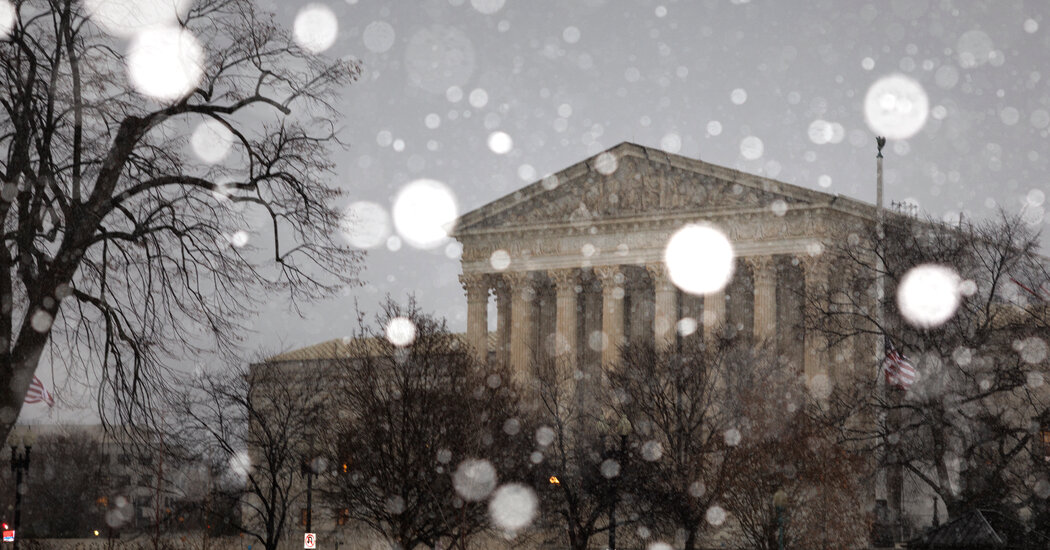The court, which hears arguments on Friday in a challenge to a law banning the app, has issued varying rulings when those two interests clashed.
When the Supreme Court hears arguments on Friday over whether protecting national security requires TikTok to be sold or closed, the justices will be working in the shadow of three First Amendment precedents, all influenced by the climate of their times and by how much the justices trusted the government.
During the Cold War and in the Vietnam era, the court refused to credit the government’s assertions that national security required limiting what newspapers could publish and what Americans could read. More recently, though, the court deferred to Congress’s judgment that combating terrorism justified making some kinds of speech a crime.
The court will most likely act quickly, as TikTok faces a Jan. 19 deadline under a law enacted in April by bipartisan majorities. The law’s sponsors said the app’s parent company, ByteDance, is controlled by China and could use it to harvest Americans’ private data and to spread covert disinformation.
The court’s decision will determine the fate of a powerful and pervasive cultural phenomenon that uses a sophisticated algorithm to feed a personalized array of short videos to its 170 million users in the United States. For many of them, and particularly younger ones, TikTok has become a leading source of information and entertainment.
As in earlier cases pitting national security against free speech, the core question for the justices is whether the government’s judgments about the threat TikTok is said to pose are sufficient to overcome the nation’s commitment to free speech.
Senator Mitch McConnell, Republican of Kentucky, told the justices that he “is second to none in his appreciation and protection of the First Amendment’s right to free speech.” But he urged them to uphold the law.
